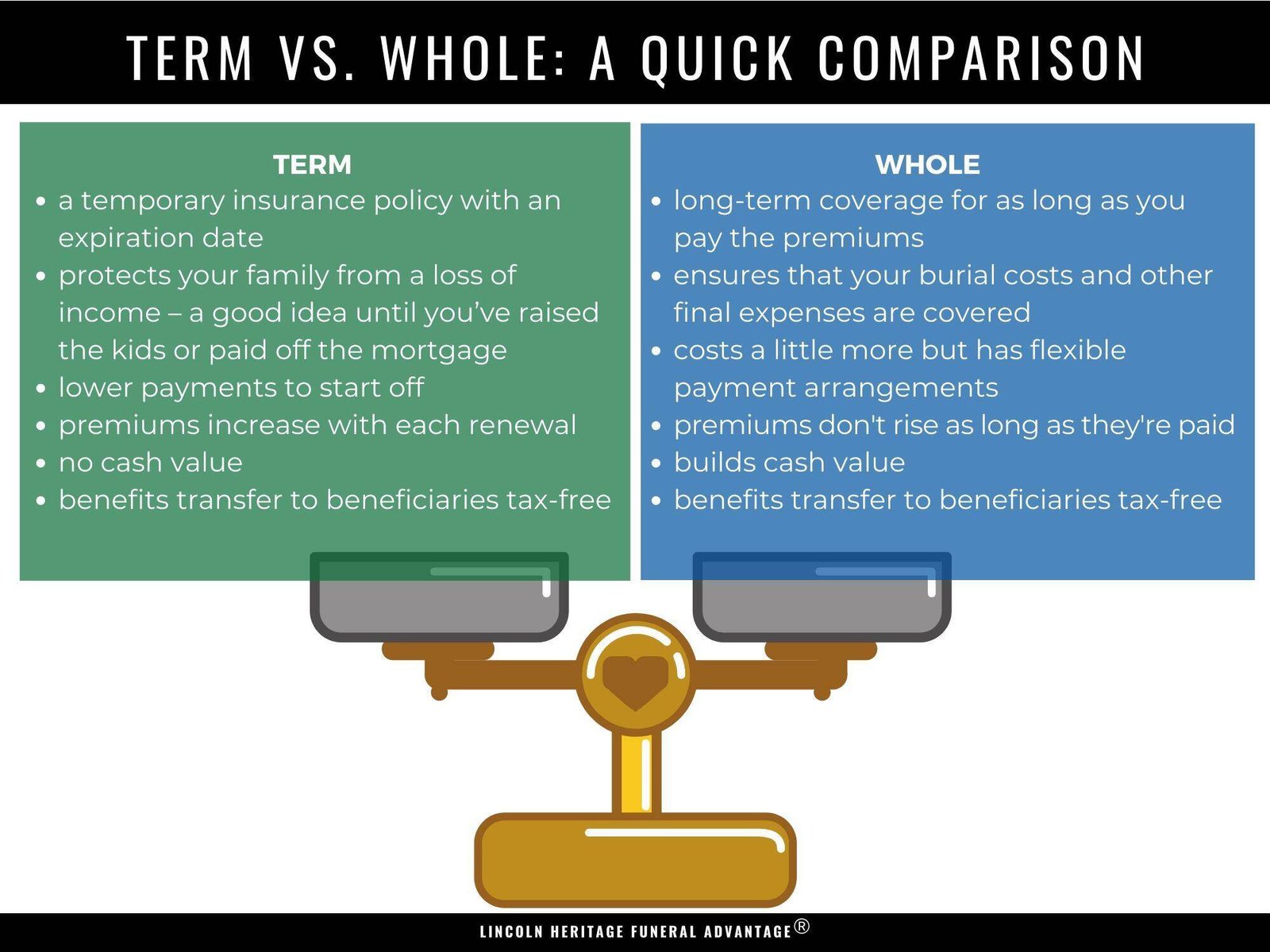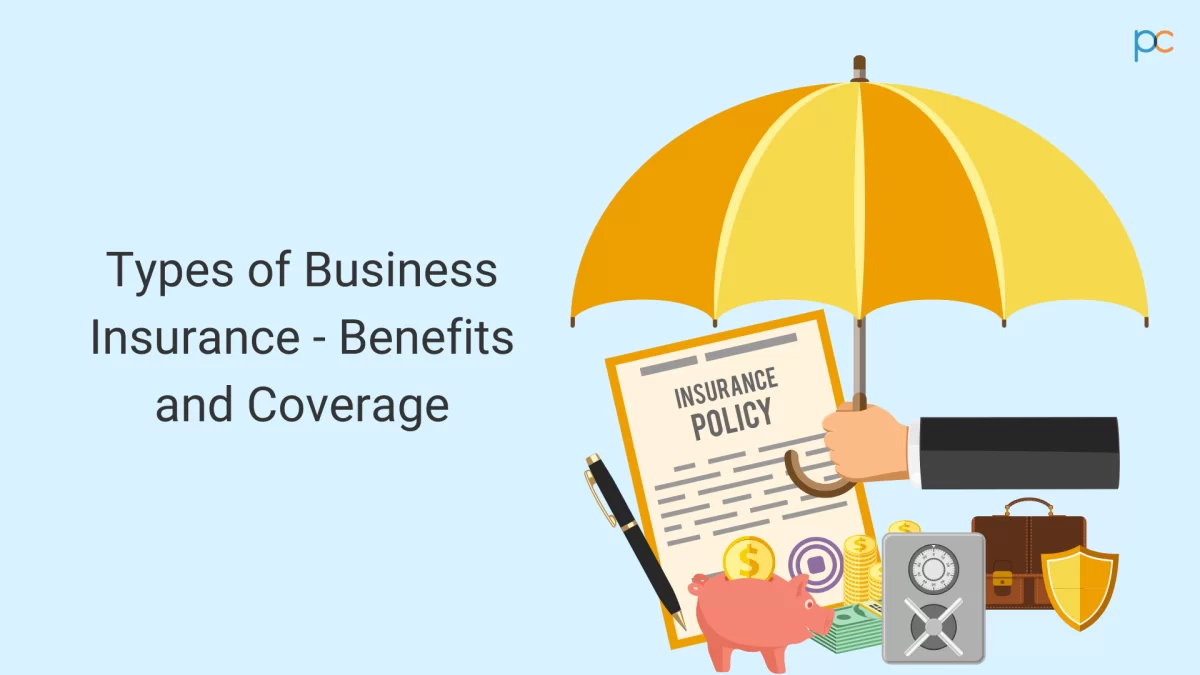A Guide to Avoiding Loan Scams and Protecting Your Finances
Don’t Get Hooked: A Guide to Avoiding Loan Scams and Protecting Your Finances
Financial emergencies happen. Whether it’s an unexpected medical bill, a car repair, or a sudden need to consolidate debt, needing a loan can be stressful. Unfortunately, scammers know this, and they prey on people who are feeling desperate and vulnerable.
This blog equips you with the knowledge to avoid loan scams and navigate the loan application process safely. We’ll explore the red flags that scream “scam,” delve into safe loan application practices, and provide resources for reporting suspicious activity.
The Bait and Switch: Unveiling the Red Flags of Loan Scams
Scammers come in all shapes and sizes, but their tactics often share common threads. Here’s what to watch out for:
-
Guaranteed Approval, No Matter What: Reputable lenders assess your creditworthiness before approving a loan. If someone promises a loan with no credit check, it’s a scam. Responsible lenders consider your financial situation to ensure you can repay the loan without undue hardship.
-
Upfront Fees are a Downward Spiral: Legitimate lenders don’t require upfront fees for processing, insurance, or anything else before you receive the loan. Scammers often demand these fees, hoping you’ll pay without realizing you’ll never see the loan or get your money back.
-
Unsolicited Offers: A Siren Song of Trouble: Did you get a call, email, or text about a loan you never applied for? It’s likely a scam, especially if it pressures you to act quickly. These unsolicited offers often come with unrealistic interest rates or hidden fees.
-
Interest Rates That Are Too Good (or Bad) to be True: Extremely low or high interest rates are a red flag. Legitimate lenders offer competitive rates based on your creditworthiness. Unusually low rates could be a lure, while excessively high rates could leave you drowning in debt.
-
The Pressure Cooker: Don’t Let Them Rush You: Scammers pressure you to make a quick decision before you have time to think it through. They create a sense of urgency to cloud your judgment. A legitimate lender will be happy to answer your questions and give you time to review the loan terms.
-
Communication Woes: A Sign of Trouble: Watch out for poorly written emails, misspelled words, and generic greetings. Professional lenders take pride in clear communication. Suspicious communication can be a sign of a hastily thrown-together scam.
-
The Faceless Lender: Don’t Borrow from Shadows: Only borrow from lenders licensed in your state. You can easily verify a lender’s legitimacy by checking with your state’s financial regulatory agency. A lender operating without a license is likely a scam.
Casting a Safe Net: Essential Practices for Secure Loan Applications
Now that you know the red flags, let’s explore how to navigate the loan application process safely:
-
Know Your Borrower: Research is Key: Don’t just jump at the first offer you see. Research lenders online and check their reviews. Look for lenders with a physical address, a clearly designed website, and a positive reputation.
-
Read the Fine Print: Knowledge is Power: Before you agree to anything, read and understand all the loan terms, including interest rates, fees, and repayment schedule. Don’t be afraid to ask questions if something seems unclear. A reputable lender will be happy to explain the terms in detail.
-
Guarding Your Fortress: Protect Your Personal Information: Don’t give out your Social Security number, bank account details, or other personal information over the phone or email unless you initiated the contact and are certain it’s a legitimate lender. Scammers can use this information to steal your identity or commit financial fraud.
-
Beware of Phishing Scams: Don’t Take the Bait: Don’t click on links or open attachments in emails or texts from unknown senders, especially those claiming to be from a lender. Phishing scams are designed to trick you into revealing personal information.
-
Comparison Shopping: Find the Best Deal: Don’t settle for the first offer. Shop around and compare rates and terms from different lenders. This helps you secure the best possible loan for your needs.
-
Get Everything in Writing: Once you’ve chosen a lender, get a loan agreement that outlines all the terms and conditions in writing. Review it carefully and make sure you understand everything before signing.
Reporting Scams: Taking a Stand Against Financial Predators
If you encounter a suspected loan scam, don’t hesitate to report it. By reporting scams, you help protect yourself and others from falling victim. Here are some resources to help:
-
Federal Trade Commission (FTC): The FTC is the leading agency for consumer protection in the United States. You can report loan scams to the FTC at https://reportfraud.ftc.gov/. The FTC uses the information you provide to build cases against scammers, identify trends, and educate the public.
-
Your State Attorney General: Most state Attorney General’s offices have consumer protection divisions that handle complaints about scams. You can find the contact information for your state Attorney General’s office online or by calling your state government information line.
-
The Better Business Bureau (BBB): The BBB tracks complaints against businesses, including lenders. You can file a complaint with the BBB online or by phone. While the BBB can’t recover your money, they can investigate the complaint and take action against the scammer, such as issuing a warning to consumers.
-
Online Scam Trackers: Websites like the FTC’s Scam Tracker and BBB Scam Tracker allow you to report scams and see reports submitted by others. This information can help you identify scams and avoid them in the future.
Building Your Financial Defense: Additional Tips to Safeguard Yourself
Here are some additional tips to help you stay safe from loan scams:
-
Be Wary of Social Media and Online Ads: Scammers often use social media platforms and online advertising to reach potential victims. Be cautious of any loan offers you see on these platforms, especially if they seem too good to be true.
-
Don’t Rely on Testimonials Alone: Scammers often fabricate testimonials to make their loan offers seem legitimate. Don’t rely solely on testimonials when evaluating a lender.
-
Trust Your Gut: If something about a loan offer feels off, it probably is. Don’t be afraid to walk away from a deal that seems suspicious.
-
Educate Yourself: The more you know about loan scams, the better equipped you are to avoid them. Financial literacy resources from reputable organizations like the Consumer Financial Protection Bureau (CFPB) can be invaluable.
-
Consider Credit Counseling: If you’re struggling financially and considering a loan, credit counseling can be a helpful resource. A credit counselor can help you develop a budget, manage your debt, and explore alternative solutions to your financial problems.
By following these tips and staying informed, you can protect yourself from loan scams and make informed decisions about your finances. Remember, if you suspect a scam, report it immediately. Together, we can create a safer financial environment for everyone.










